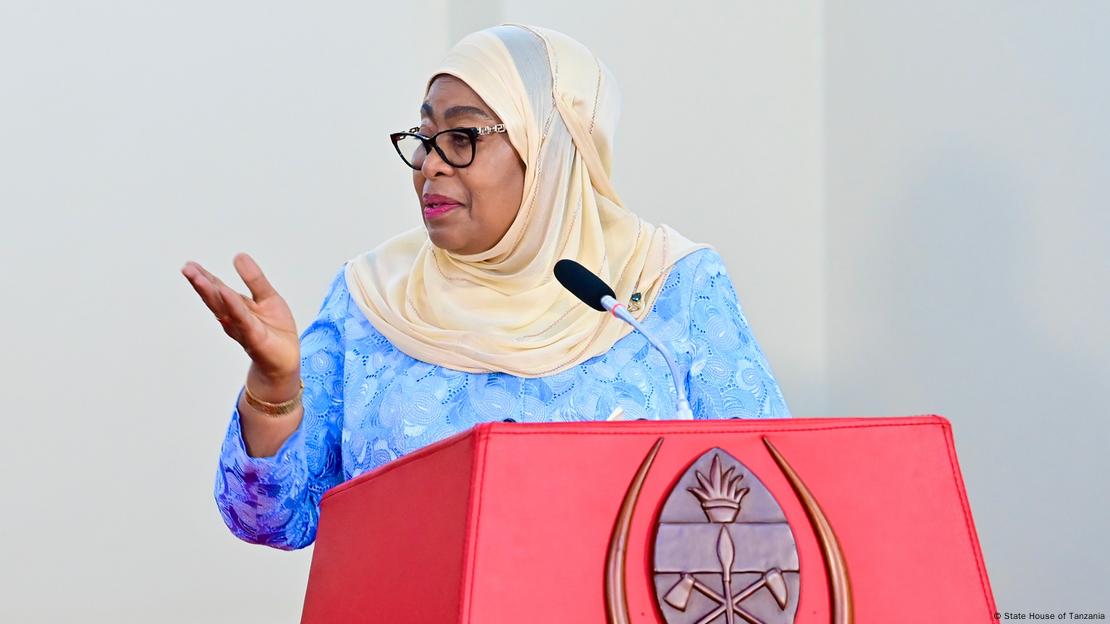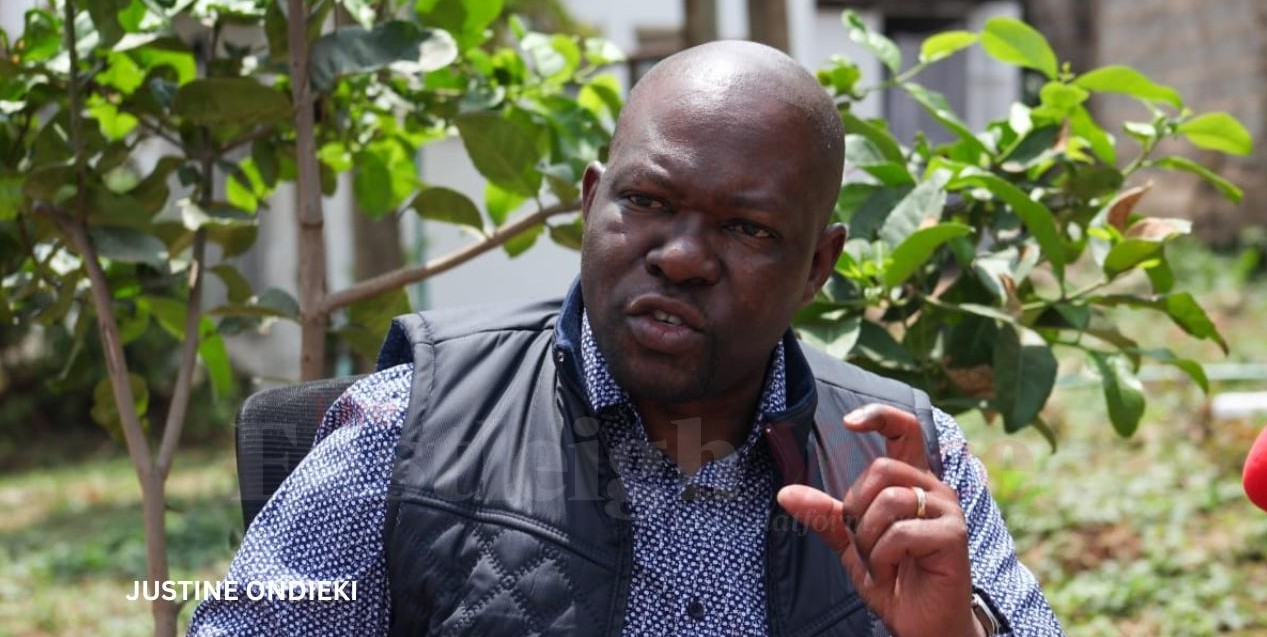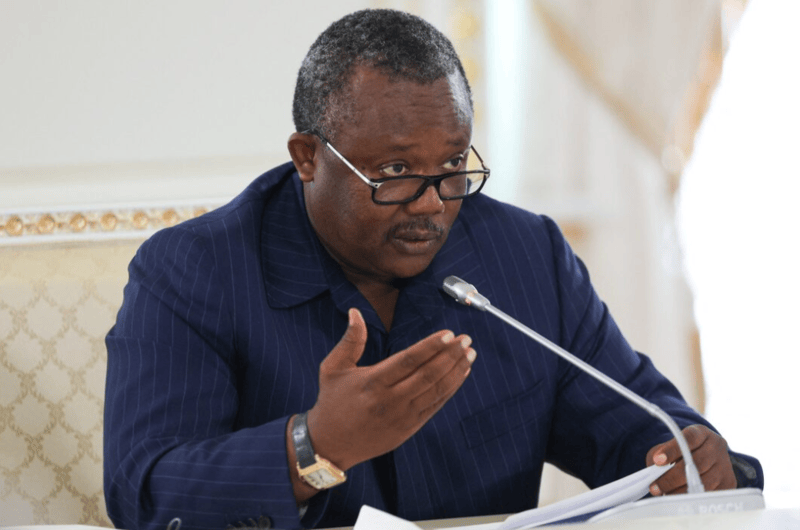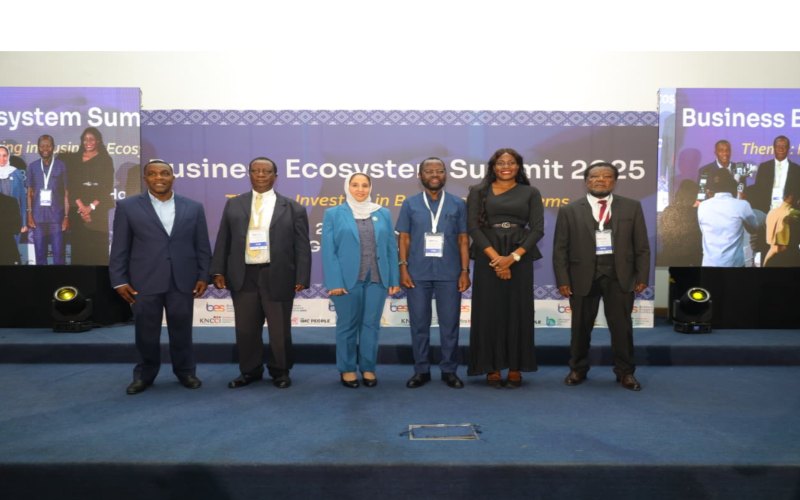Aid alone won't solve Sudan crisis, IGAD warns as it pushes for peace
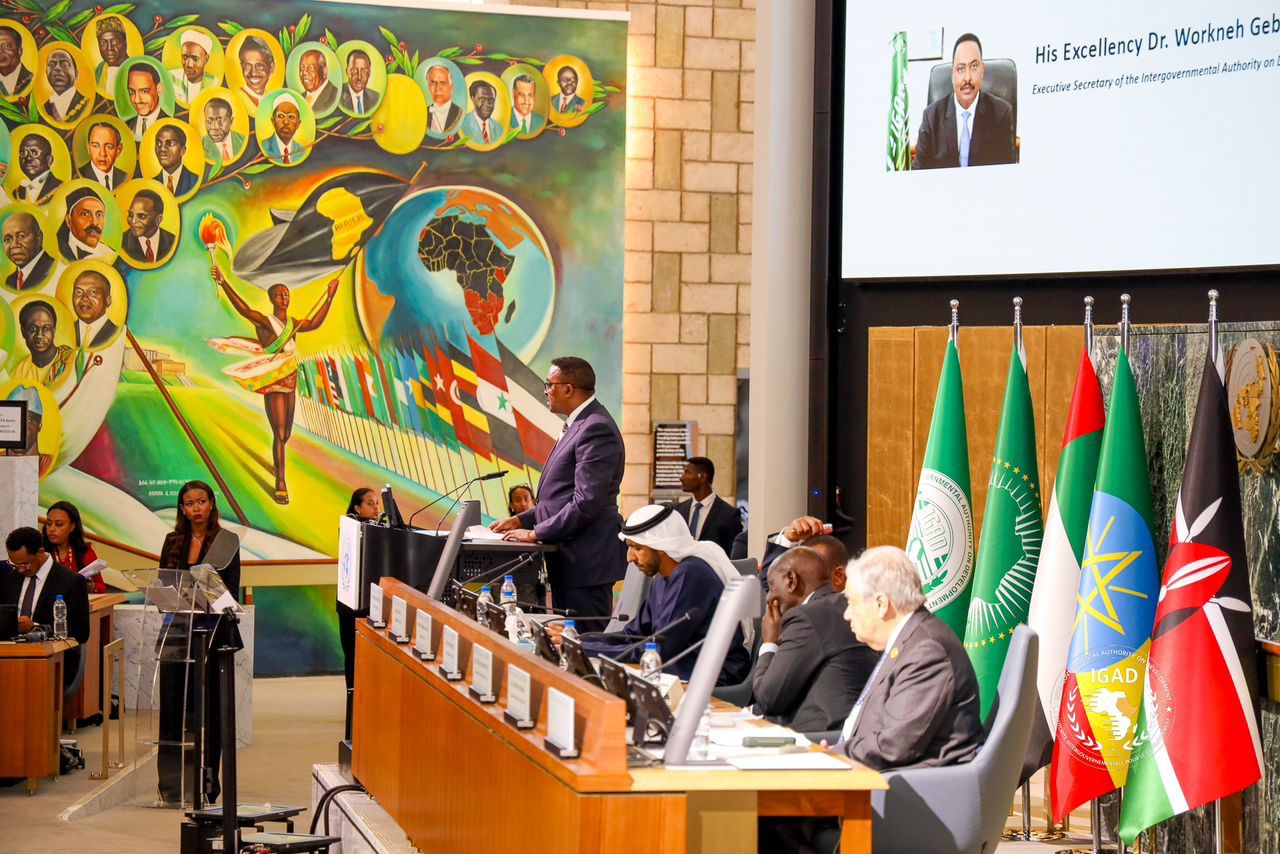
IGAD Executive Secretary Workneh Gebeyehu acknowledged that previous aid commitments had helped alleviate suffering but insisted that more needed to be done.
IGAD Executive Secretary Workneh Gebeyehu has warned that humanitarian aid alone cannot resolve the deepening crisis in Sudan and called for renewed efforts toward a lasting political solution.
Speaking at the Sudan Humanitarian Assistance Conference in Addis Ababa, Ethiopia, Gebeyehu acknowledged that previous aid commitments had helped alleviate suffering but insisted that more needed to be done.
More To Read
- IGAD rallies region to tackle deepening displacement crisis amid funding cuts, conflict
- Why UN’s gradual move back to Khartoum, Sudan is ‘an important step’
- Sudan military leader Burhan rejects US-led ceasefire plan, accuses Quad of favouring RSF
- Trump to focus on ending Sudan civil war
- IGAD leads new push for Peace in Sudan as regional and global partners back three-step plan
- UN aid office pushes for ‘unhindered’ humanitarian access in Sudan
"Despite the most generous pledges, challenges persist. The existing shortfalls have hindered the ability to deliver comprehensive aid to all affected populations," he said on Friday.
While humanitarian agencies have provided food, medical services, and shelter to millions, he warned that the crisis demands more than just relief efforts.
"It is imperative that we not only fulfil our existing commitments but also mobilize additional resources to address the escalating needs," he added.
Gebeyehu described the scale of human suffering in Sudan as immense.
"The world must wake up to the magnitude of this catastrophe. The people of Sudan are not asking for sympathy; they are demanding justice, support, and the chance to rebuild their lives. IGAD is here to ensure that demand is met," he said.
Concerted peace effort
However, he made it clear that aid, no matter how substantial, will not be enough without a concerted effort to secure peace.
"Humanitarian assistance alone is not enough. It must be complemented by a renewed and collective push for peace and stability in Sudan," he said.
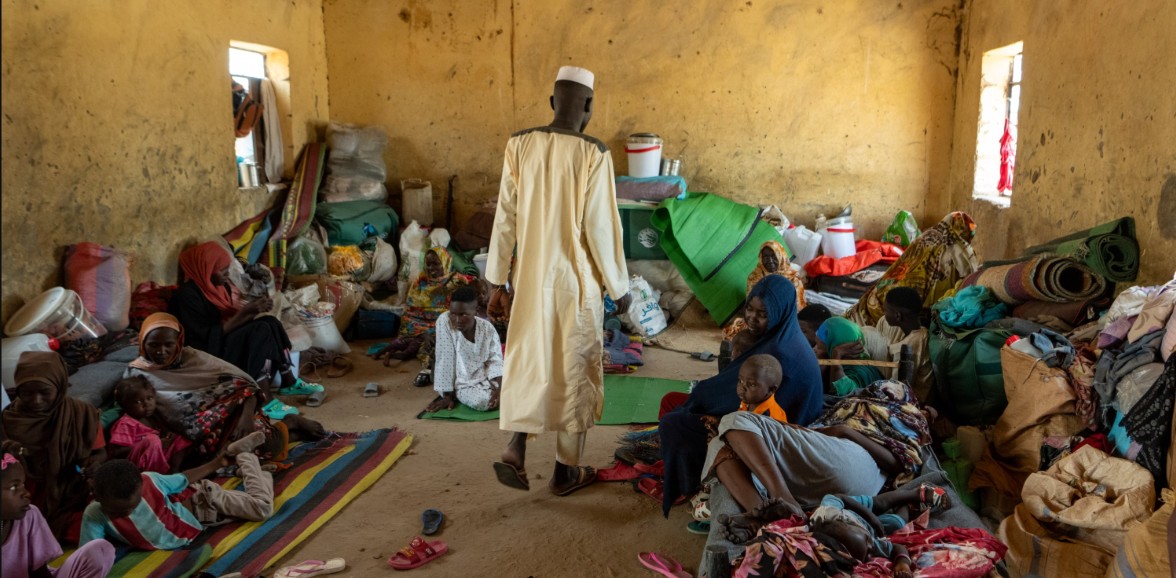 Displaced Sudanese refugees in White Nile State. UNHCR and 33 international and national partners have launched the 2025 Sudan Country Refugee Response Plan. (Photo: X/Kristine Hambrouck)
Displaced Sudanese refugees in White Nile State. UNHCR and 33 international and national partners have launched the 2025 Sudan Country Refugee Response Plan. (Photo: X/Kristine Hambrouck)
The IGAD official urged all stakeholders to intensify efforts toward a negotiated settlement that addresses the root causes of the conflict.
"Sustainable solutions can only be achieved through an inclusive political process that promotes dialogue and paves the way for a peaceful, democratic, and united Sudan," he said.
Sudan's crisis has displaced millions, left many without basic necessities, and strained the resources of neighbouring countries.
Gebeyehu warned that inaction would worsen the situation, threatening regional stability and economic security.
"The time for action is now," he said.
As the conference aimed to rally support for Sudan, he called on the international community to translate pledges into concrete action and ensure that aid reaches those in need. But beyond immediate relief, he stressed that Sudan needs a long-term strategy to rebuild its future.
"Let us stand together, not only in words but in action, to provide hope and relief to millions who are counting on us," he said.
Sudan has been grappling with a worsening humanitarian crisis since conflict erupted in April 2023, displacing millions.
Now in its 21st month, the war in Sudan has forced nearly 12 million people from their homes, making it the worst internal displacement crisis in the world, according to the UN’s International Organization for Migration (IOM).
Children face dire food shortages, with famine conditions confirmed in at least five areas.
The United Nations High Commissioner for Refugees (UNHCR) and 33 international and national partners have launched the 2025 Sudan Country Refugee Response Plan (CRRP), appealing for $633.7 million (Sh81.37 billion) to assist nearly 892,000 refugees and asylum-seekers, along with over 165,000 host community members in Sudan.
An analysis of data from the Armed Conflict Location and Event Data Project (ACLED) recorded over 700 violent incidents targeting civilians between October and December 2024, a dramatic increase compared to previous months.
In December alone, there were 199 attacks, rising from 217 in November and 288 in October 2024.
The incidents included airstrikes, drone assaults, artillery shelling, armed clashes, child kidnappings, killings, and sexual violence.
This wave of brutality has persisted into 2025, with ACLED documenting 208 violent events in January, a 78 per cent increase from the same month last year.
Top Stories Today




